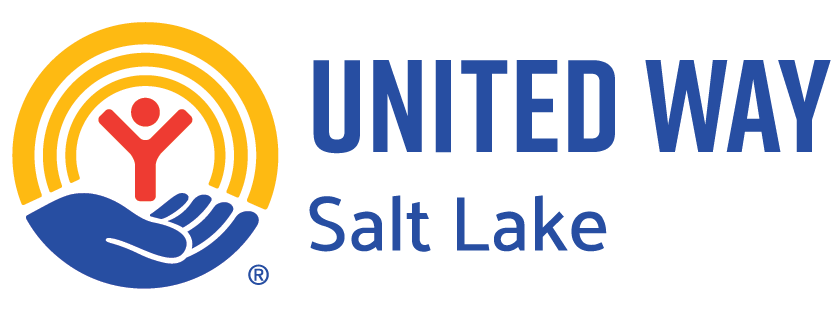 by Nate Salazar
by Nate Salazar
South Kearns Elementary Community School Director
Data is a major component of the day to day decision making at South Kearns Elementary, and it is changing the way we do business. Principal, Dr. Julie Lorentzon says “We work really hard but now we need to come up with ways to work smarter.” SMART (specific, measurable, attainable, realistic, timely) goals, and data driven decisions, are becoming the norm and changing our culture
One of the ways data is driving instruction is through pre-test Common Formative Assessments (CFA’s). Teachers have been developing CFA pre-tests on common core standards and are able to assess what a student knows about a concept before the lesson is taught. This process enables the teacher to differentiate or group students in the classroom during the lesson in order to meet student needs. Teachers then give a post-test to assess what students comprehended and determine if any re-teaching needs to take place. Each grade-level team and school leadership meets monthly for data teams. Student data is analyzed at this time, and the progress and development of CFA’s for their classes is discussed. Although initially there is a lot of work, the return of being able to make data driven decisions in the classroom centered on SMART goals and the potential for student growth is well worth it.
 Data Teams are also a great opportunity to discuss the importance of other aspects that affect the day to day routine of a classroom. During our last Data Team meeting, kindergarten teachers expressed their struggles with parent involvement. Our discussion led to the planning of a kindergarten parent night, geared towards the importance of reading. This also sparked a conversation about developing a more intentional strategy for parent engagement as a school that includes a “Strong Fathers Strong Families” curriculum that will be rolled out next year.
Data Teams are also a great opportunity to discuss the importance of other aspects that affect the day to day routine of a classroom. During our last Data Team meeting, kindergarten teachers expressed their struggles with parent involvement. Our discussion led to the planning of a kindergarten parent night, geared towards the importance of reading. This also sparked a conversation about developing a more intentional strategy for parent engagement as a school that includes a “Strong Fathers Strong Families” curriculum that will be rolled out next year.
Data is also playing a role in motivating and showing appreciation for our AmeriCorps ReadToday volunteers. In February, South Kearns hosted an open house for our volunteers where they received test score data for each student they tutor, and lunch on us. Volunteers received the Beginning and Middle of year test scores from the Dynamic Indicators of Basic Early Literacy Skills (DIBELS) exam students take three times a year. This experience was beneficial on many levels for the volunteers. Not only did they feel the appreciation from the school for the work they do, but their work was validated through seeing the progress of the students they work with. Paramount was the understanding volunteers gained about the DIBELS exam, what they are tested on, and how students are placed in levels of proficiency based on their scores. One volunteer mentioned that seeing her student’s data has changed her outlook on the importance of the volunteer work she does, and has influenced the degree to which she pushes and motivates her students to work harder.


